“зеркало pin up для Узбекистана ”
Not surprisingly, the majority of students at Morton East don’t like the new cellphone policy—but, surprisingly, a significant number of students (almost a third surveyed) agree that the policy is effective.
In a random survey of 100 Morton East students, 72 students disagree with the new cell phone policy, and 28 agreed with the new policy.
According to axios.com, a new state law requires school districts to limit students’ cellphone usage in schools. Additionally, according to WBEZ Chicago, school officials say separating students from their cell phones can help curb classroom distractions and cyberbullying. Over time, Morton East’s cell phone policies have differed depending which teacher someone had; some teachers would allow phones out on desks, others would confiscate them if they saw them. According to edweek.org, Florida became the first state to ban cellphones from grades K-12. Some states will minimize the usage of cell phones in schools, while others will ban them completely. Recently, there has been an increase in Chicagoland schools adopting “no phones in class” policies.
Many have their reasons for keeping their phones just in case of emergency. Many things can happen during school, which is why parents have started protesting the policy. They fear that if their child doesn’t answer their calls or texts, something bad may have happened at the school. Many suggest bringing back phones in class, but nothing has been done about it as of now.
Even though most students are against the policy, there are some who are in between. Some people—like Ashley Parra—are caught in the middle of this conflict.
“I believe students feel more secure not having their phones, but at the same time, they feel like it’s not fair to them,” said Senior Ashley Parra.
When asked why the policy started now, Mr. Gonzalez—a science teacher at Morton East—explained well.
“It took years of asking the board to strengthen the classroom learning environment, so they finally agreed to start this year with it,” said Mr. Juan Gonzalez.
Most teachers will tell you it’s about the learning.
“Students tend to see what they’ve lost and not what they’ve gained. Students are listening more — not just to their teachers, but to each other. It’s so nice to hear students having conversations with each other again. They are learning to communicate verbally and academically,” said English teacher Mr. Kent Frankfother.
Students’ biggest counterargument is “We need the phone in case there is a family emergency.”
“Parents would have to call the school to inform them and the Deans would get the student to tell them the news,” said dean Ms. Kaitlyn Zale.
Also, most teachers will monitor a phone or let a student hold onto his phone if the student alerts them to issues at home.
“The policy doesn’t seem to be getting out of hand; however, the only instance of this I see getting out of hand would be in emergency situations such as lockdowns or fires, where the placement of the phones in the bin, thanks to the policy, would make it harder for students to evacuate or follow protocol quickly, considering how many students use phones in emergency situations to contact relatives should they be worried about their safety. It’s happened personally too; thanks to the phone policy, my mother started sending messages to me in class and gets worried when I’m unable to reply to them all due to the phone policy restricting the use of it,” said senior Joel Marchand.
It’s not surprising that students—like Raul Medrano—dislike the policy for other reasons, such as using their phones during work just to look at social media.
“Cell phone policy lowkey sucks because phones can’t be used during class,” said senior Raul Medrano.
Prior to this comment, a few questions were asked to some students—like Arian Sanchez—about the situation and their thoughts on it.
“Students could be disagreeing with the policy because they feel that limiting phone usage during class could affect their learning, social interactions, and overall usage,” said junior Adrian Sanchez.


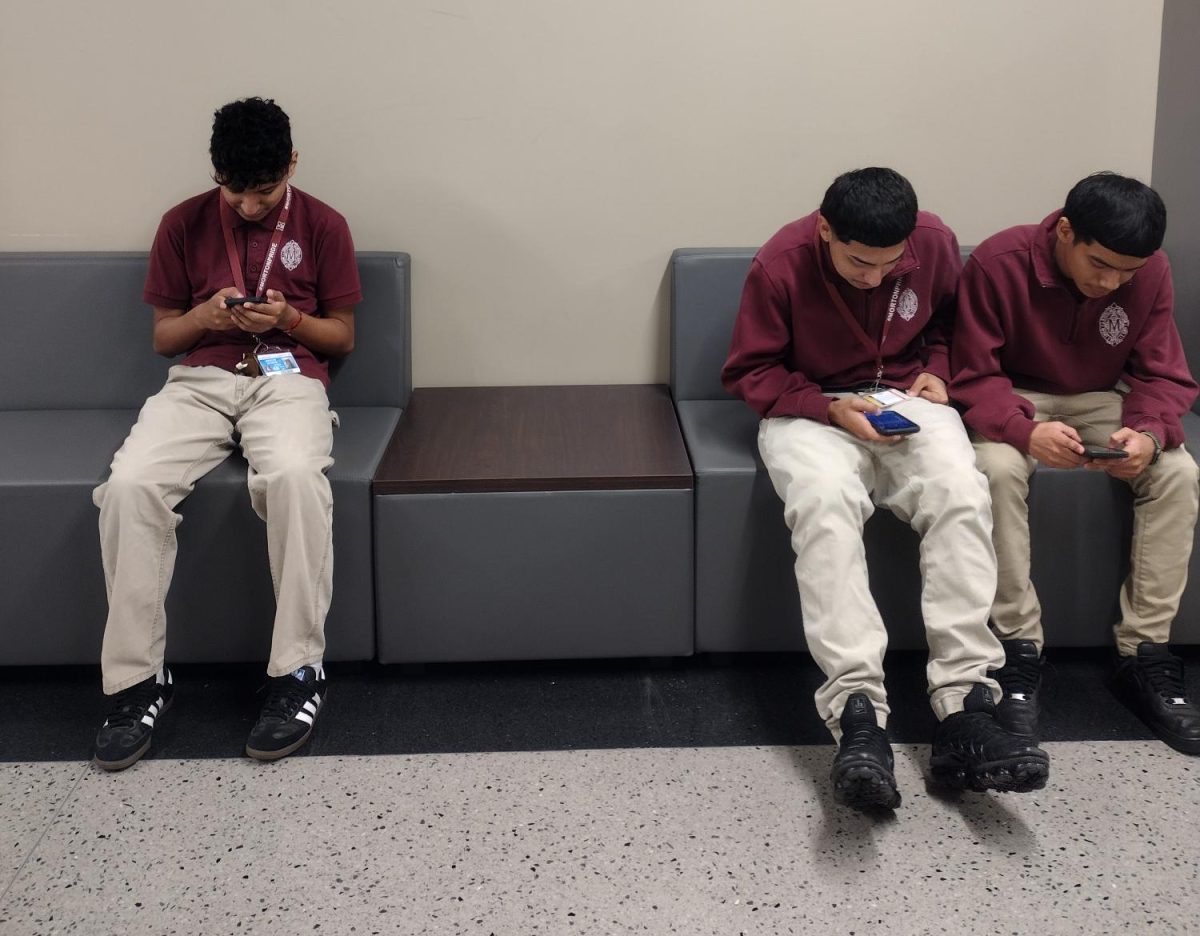
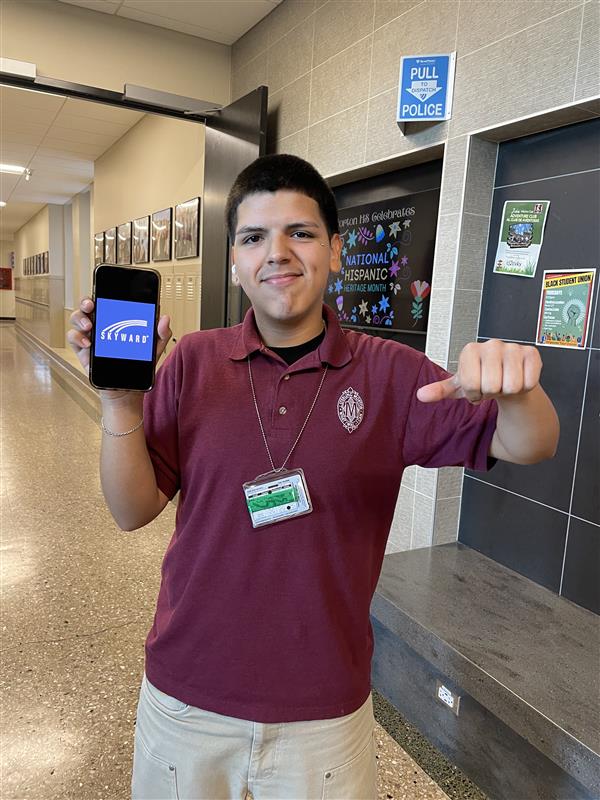
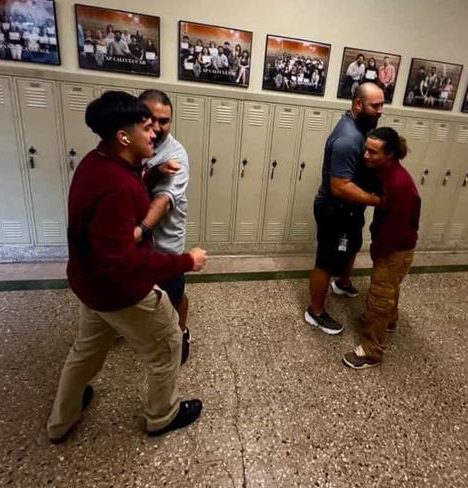

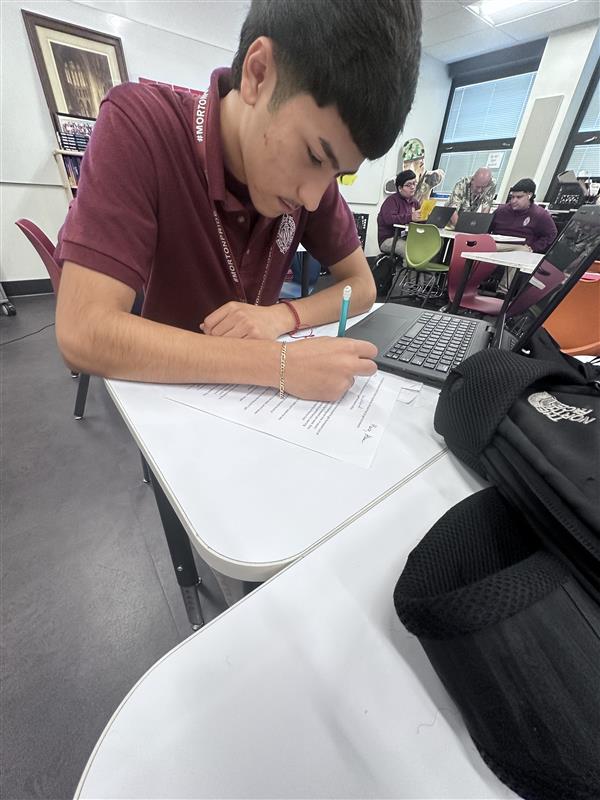
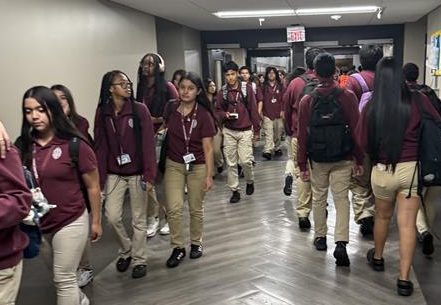
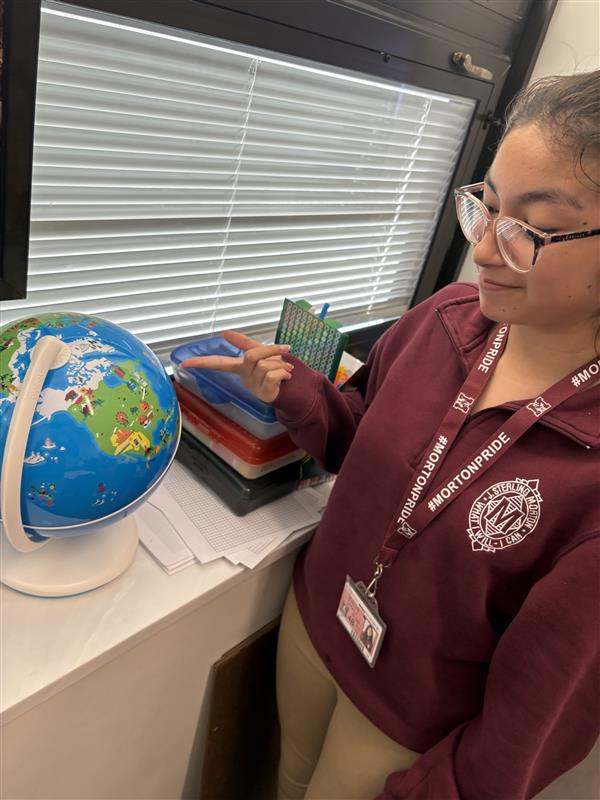



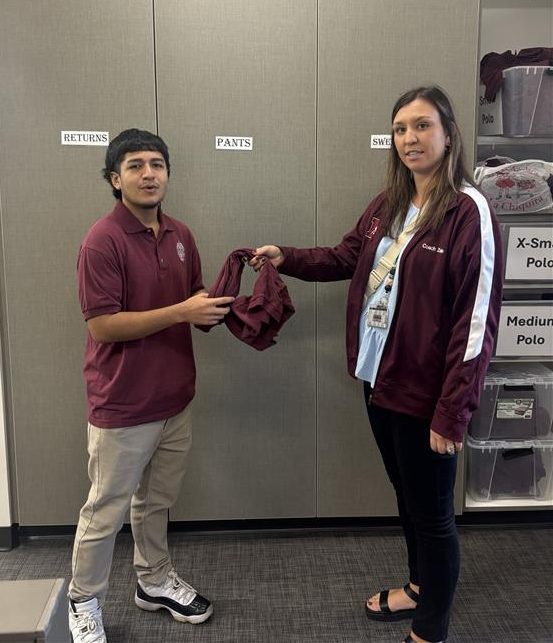

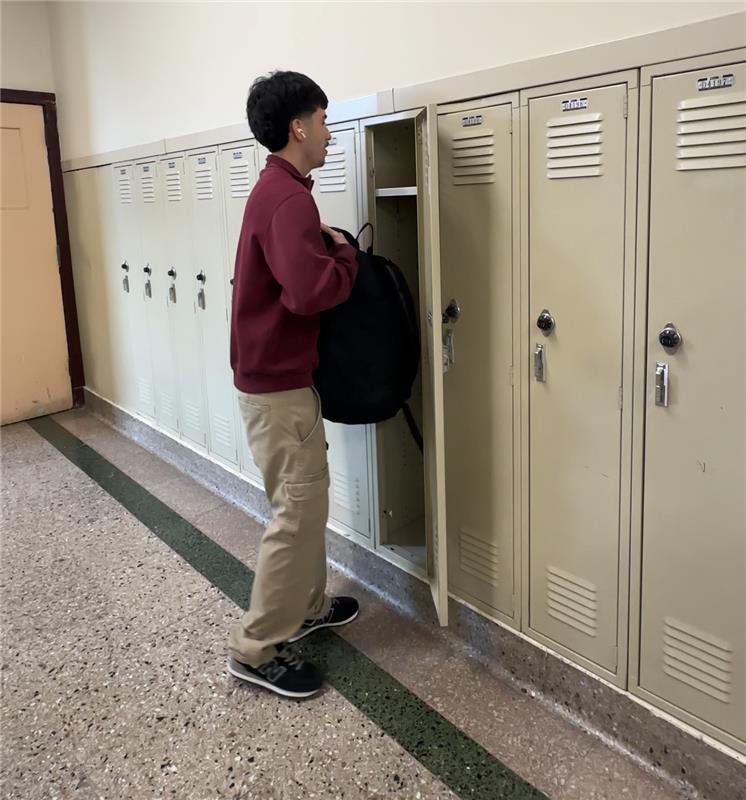
Alexia • Oct 31, 2024 at 1:13 pm
This was done really well. Both sides of argument were covered. This spreads information among the effects of the phone policy really well.
Rene • Oct 21, 2024 at 11:45 am
You guys did a good job of how many people you guys interviewed about the phone policy.
Raul • Oct 21, 2024 at 11:42 am
You did a great job with explaining both ways of the phone policy of the good and bad facts.
Valeria • Oct 21, 2024 at 11:41 am
The article presents a balanced view by including opinions from both students and teachers, showing the complexity of the cellphone policy debate. It clearly explains the reasons behind the policy, mentioning how phones can distract from learning. However, it could improve by providing more details about the survey, like who was surveyed and how, to help readers better understand student feelings.
Natalie De Santiago • Oct 21, 2024 at 11:15 am
You did a great job with explaining how cellphones can be helpful and how they are not because of detractions. It also has reasons in which it can help with peoples opinions. I think your article could be even stronger if you could put how is it different and how it has changed not having phones in class.
Genesis • Oct 21, 2024 at 9:44 am
I really like how you guys put how students dont like phone policy